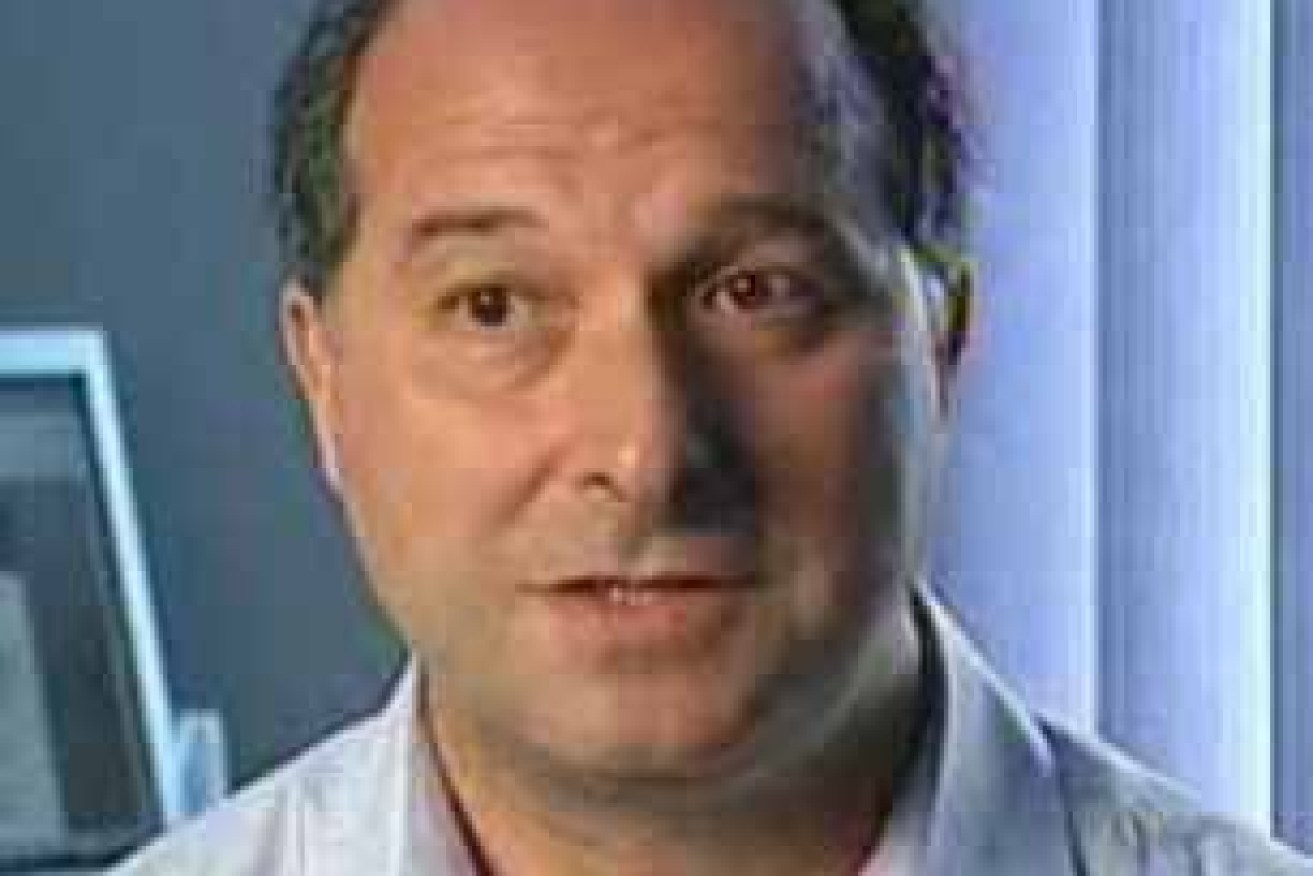Drug addicts neglected after detox: report


Government policies aimed at helping recovering drug and alcohol addicts are neglecting them after the detox process, a new report has found.
It revealed this left addicts in a vicious cycle of relapse and put unnecessary strain on the public purse.
The survey, examining the experiences of almost 600 recovering and recovered addicts and touted as the first of its kind in Australia, showed that all levels of government needed to stop focusing on the policing of drug use and distribution, and invest more in recovery services.
• Former ice addict backs fight against mind-eater
• ‘Drug-addicts need recovery, not jail’: expert
• ‘Evil and pernicious’: PM announces ice taskforce
In turn this would slash health care, child care and criminal justice system costs racked up by addicts, while drastically cutting crime rates and creating more valuable contributors to society, the Life in Recovery report said.
Speaking to The New Daily in April, a former drug addict welcomed the Federal Government’s new taskforce to tackle the deadly ice epidemic, but urged a greater focus on recovery.

Sam Biondo said the taskforce must channel funding into recovery and treatment. Photo: Facebook
Samantha (not her real name) said funding needed to be put into services to guide reformed drug and alcohol addicts when reintegrating back into a community.
She said the stigma attached to being a former drug addict and lack of support when trying to find a new job or housing could easily cause someone to relapse.
The report’s author, Associate Professor David Best, agreed.
Prof Best said government funding was provided for detox services but virtually no money was spent on the difficult recovery process that followed – despite relapse rates of between 50 and 70 per cent in the first year of recovery.
“The focus needs to switch to funding support groups and programs that help addicts get back on their feet, like finding jobs and accommodation,” he said.
“None of the treatment services are sufficiently well-funded but the complete neglect of after care and recovery services is both inconsistent with the evidence and counter-productive, because it just puts people into this spiral of relapse.”
Samantha also brought up issues about lack of treatment access, especially in regional and rural areas.
“The problem is that there is a seven-month wait to enter some detox centres, with regional sites often closed on weekends and school holidays,” Samatha said.
“There needs to be greater access to home-based treatment.”
Meanwhile, a leading figure in drug and alcohol awareness also told The New Daily in April that convicted drug addicts should be directed into treatment and recovery, instead of being piled into jails.
Victorian Alcohol and Drug Association executive officer Sam Biondo said that the taskforce must channel funding into recovery and treatment – rather than sending drug users and dealers to prison and racking up “huge costs”.
The survey, released on Tuesday by Australian-based South Pacific Private and Turning Point treatment centres, suggested addicts in recovery are 75 per cent less likely to drive while under the influence, 50 per cent less likely to get arrested and 40 per cent less likely to perpetrate or be a victim of family violence.
They are also 40 per cent more likely to volunteer in a community group, and tend to make more significant contributions to the community than the average person.







